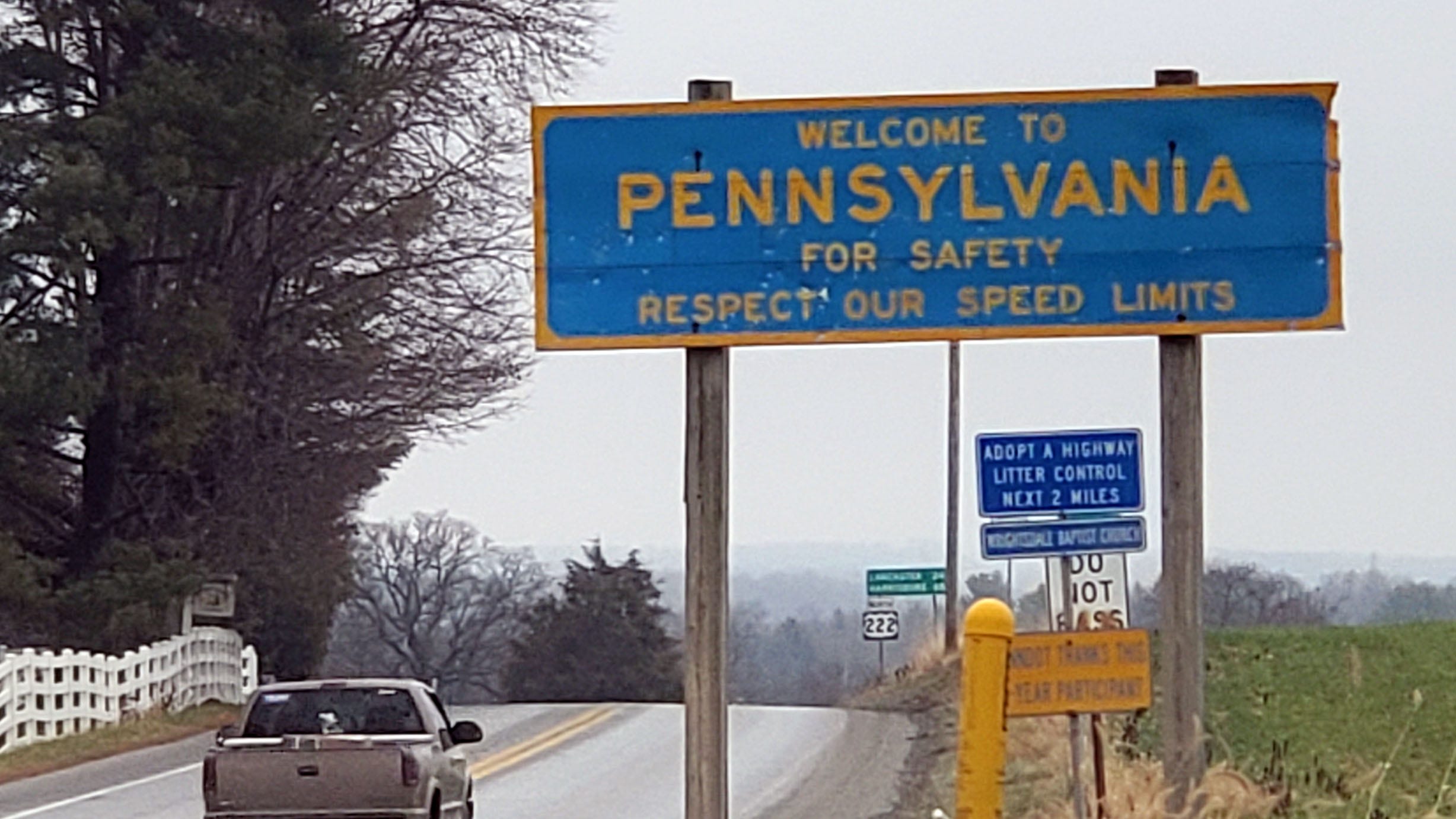“Our best estimate is that this was the first day when global temperature was more than 2°C above 1850-1900 (or pre-industrial) levels, at 2.06°C,” she wrote.
Burgess said in her post that global temperatures on Friday averaged 1.17 degrees above 1991-2020 levels, making it the warmest November 17 on record.
But compared to pre-industrial times, before humans began burning fossil fuels on a large scale and altering the Earth’s natural climate, the temperature was 2.06 degrees warmer.
The breach of 2 degrees on Friday came two weeks before the start of the UN COP28 climate conference in Dubai, where countries will take stock of their progress towards the Paris Climate Agreement pledge to limit global warming to 2 degrees above pre-industrial levels, with an ambition of limiting it to 1.5 degrees.
One day above 2 degrees of warming “does not mean that the Paris Agreement has been breached,” Burgess told CNN, “but highlights how we are approaching those internationally agreed limits”.
“We can expect to see increasing frequency of 1.5 degree and 2 degree days over the coming months and years,” she said.

Before and after photos show how fast Greenland’s glaciers are melting
Copernicus’ data is preliminary and will require weeks to be confirmed with real-life observations.
A UN report published on Monday showed that even if countries carried out their current emissions-reduction pledges, the world would reach between 2.5 and 2.9 degrees of warming sometime this century.
But 1.5 is not a cliff edge for the Earth — every fraction of a degree it warms above that, the worse the impacts will be.
Warming to 2 degrees puts far more of the population at risk of deadly extreme weather and increases the likelihood of the planet reaching irreversible tipping points, such as the collapse of the polar ice sheets and the mass death of coral reefs.

Richard Allan, professor of climate science at the University of Reading in the UK, called the breach a “canary in the coal mine” which “underscores the urgency of tackling greenhouse gas emissions”.
He said it was “entirely expected that single days will surpass 2 degrees above pre-industrial well before the actual 2 degrees Celsius target is breached over many years”.
Scientists are increasingly expressing alarm that data on temperatures are exceeding their predictions.

A string of reports checking the health of the Earth’s climate and humans’ actions to combat it in recent weeks show that the planet is careening toward a dangerous level of warming, and not doing enough to mitigate or adapt to its impacts.
Another UN report also found that the world is planning to blow the fossil fuels production limit that would keep a lid on global heating. By 2030, countries plan to produce more than twice the limit of fossil fuels that would cap warming at 1.5 degrees.




















Discussion about this post